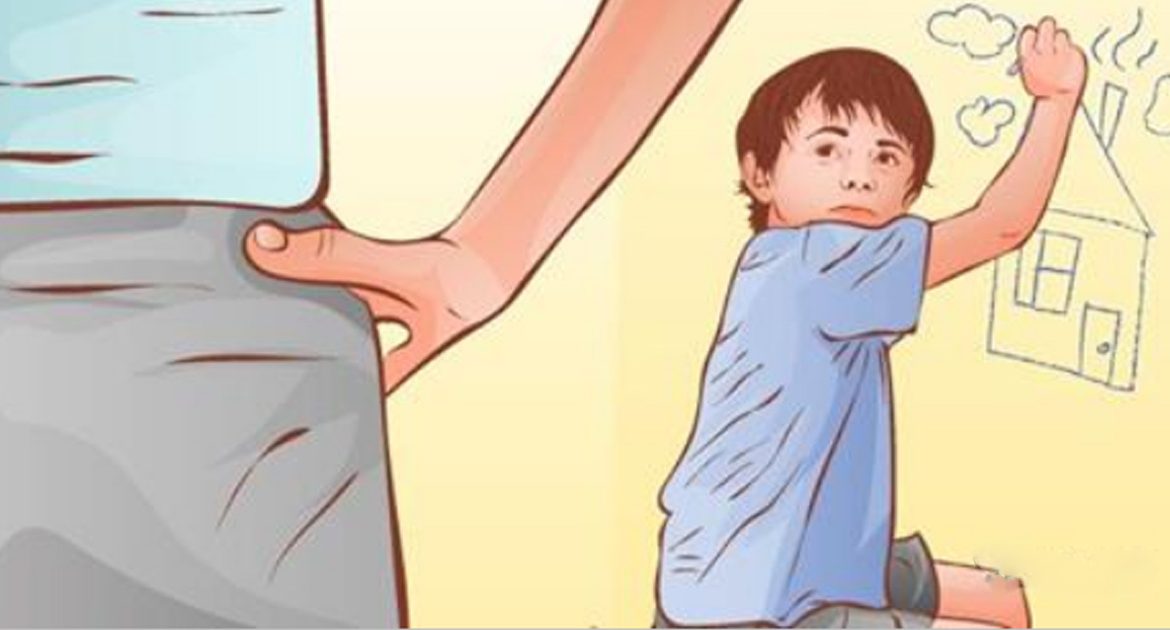Children are incapable of determining what’s good and what is bad. Therefore, it’s the responsibility of their parents to explain the difference, which sometimes, is a very difficult task. Saying “no” is fair and necessary, but caregivers should also encourage kids to do good things. But a healthy scolding doesn’t involve shouting or threats. Here, we gather the most important tips that can help parents talk with their kids in a proper manner. And remember about those phrases which may harm your child:
1. You must be calm
It’s vital to have unlimited patience when it comes to kids and avoid explosions, which involves shouting and punishment.

2. Time is important
You should scold your child right after they do something wrong (like breaking a valuable object) and not several hours later. This is because, for children, time is infinite, and they may not remember exactly what they did if you bring their attention to it later.
3. Emotional blackmail is never the answer
When your child doesn’t do something bad, such as damaging a valuable item, you should avoid making them feel guilty for your sadness or anger at all costs. Don’t use your pain as emotional blackmail. Let them know how you feel about it but don’t use phrases such as ‘because you did this…’ or ‘it’s your fault that…’.
4. Avoid comparisons
Comparisons with their siblings or friends will only lower your child’s self-esteem and make them feel jealous and powerless. In other words, don’t compare them to others, especially with phrases such as ‘you should be more like your sister, she always studies and behaves well’.
5. Fear is a worst enemy
Fear is a terrible tool. That is, when you instill fear, a child will show good behavior but will have low self-esteem: They’ll be timid and fearful.
6. Never use insults
When you insult kids, the only result is emotional damage, which is very difficult to reverse. It severs the bond a child has with their loved ones.
7. Explain
From the age of 3 and older, you can try reasoning your children. Explain to them why they should follow certain instructions and why they should avoid doing certain things. They will be able to understand you.
8. Disqualify the action, not the perpetrator
Don’t use phrases such as “Look how bad you are for hitting your sister!”. Instead, try focusing on the action and its consequences: “Don’t hit! Hitting is bad because it hurts others.”
9. Don’t scold if you’re already in a bad mood
Children should never pay for adults’ problems. When you’re stressed because of other difficult situations, don’t let your bad mood magnify your child’s small mistake and provoke a disproportionate scolding.
10. Be consistent
From the beginning, you must establish rules and limits for your children to abide by. Also, these rules should always be consistent. In other words, you can’t prohibit eating a candy before bed one day, then allow it the following day.
What do you think of these tips? Would you apply them to your parenting? What other tips do you know for controlling and scolding your children? Leave your opinions and ideas in the comments! Remember to share this article with your family and friends!






